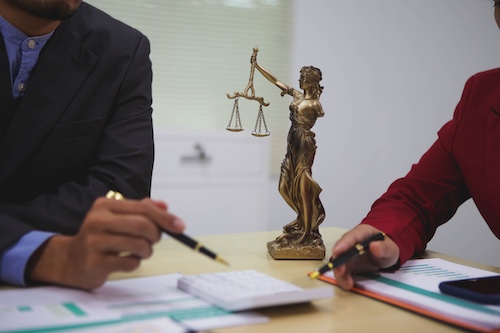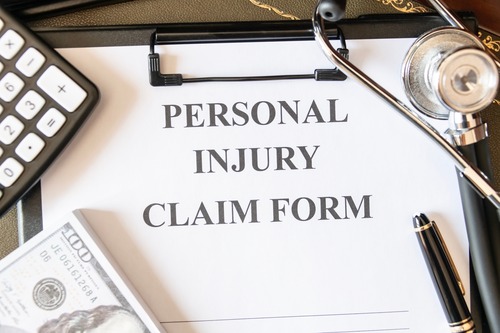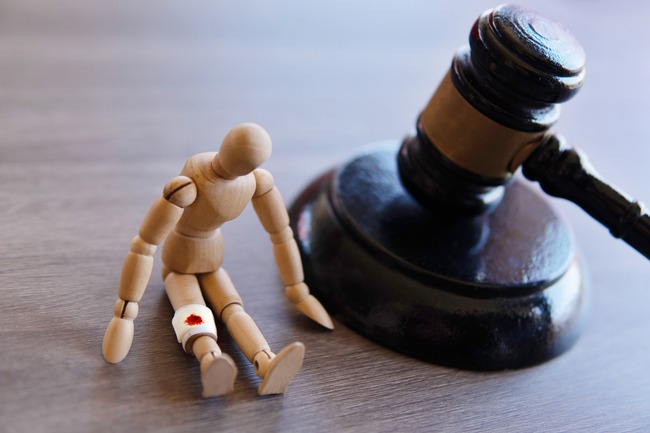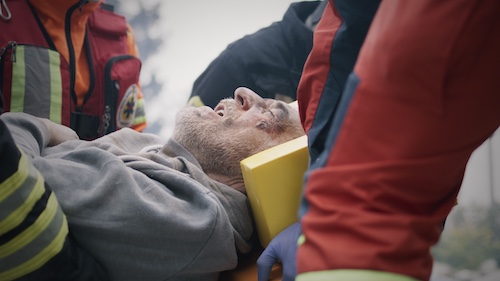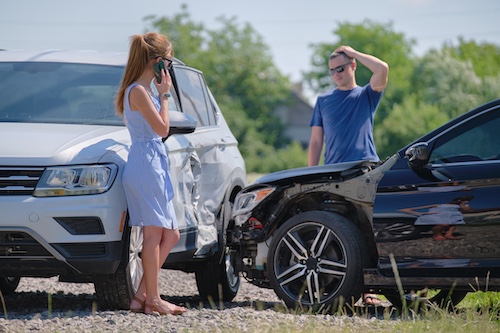Filing a personal injury claim in Texas requires more than just telling your side of the story. To receive fair compensation, you must present clear and organized evidence that proves the other party’s negligence, the extent of your injuries, and the financial impact. Whether your case involves a car accident, medical malpractice, or another type of personal injury, the success of your claim depends on the strength of your evidence.
In this blog, you’ll learn what evidence is essential for a successful personal injury claim, why it matters under Texas law, and how working with an experienced Dallas personal injury lawyer can help you gather the proof needed to secure fair compensation.
Why Evidence Matters in a Personal Injury Lawsuit
Evidence is the foundation of any personal injury claim. It shows what happened, who was at fault, and what the injury cost the injured person physically, emotionally, and financially.
Evidence Proves the Other Party’s Negligence
In Texas, the injured person must prove that someone else’s negligence caused the injury. Under Texas Civil Practice and Remedies Code § 33.001, the concept of comparative negligence applies. This means that if the injured party is more than 50 percent at fault, they cannot recover damages. Strong personal injury claim evidence helps show that the other party was responsible.
Evidence Connects the Injury to the Incident
Medical records, visual evidence, and accident reports link the injury to the event. These records confirm that the injury occurred because of the accident. Without this connection, an insurance company or court may deny the personal injury claim.
Evidence Supports the Value of the Claim
Medical bills, lost wage records, and documentation of future medical care show how much compensation the injured person needs. Evidence helps prove the need to cover medical expenses, replace lost income, and account for emotional suffering. This is critical in most personal injury cases where fair compensation is the goal.
Evidence Speeds Up the Legal Process
When the evidence is clear and complete, the legal process moves faster. A personal injury attorney can use it to push for a fair settlement early. Without solid evidence, a claim may be delayed or rejected entirely.
Evidence Protects Against Disputes
The other party or their insurance company may deny fault or downplay injuries. Compelling evidence like witness statements, police reports, and expert opinions can protect the injured person’s right to compensation. It creates a clear record that supports the injury claim.
Types of Evidence You Need for a Strong Personal Injury Case
A strong personal injury claim depends on the quality and variety of evidence collected after the incident. Each type of evidence supports a different part of the case.
Medical Records and Treatment Documentation
Medical records are key in personal injury cases. They prove that the injured person received medical treatment and show the extent of the injuries. Records should include emergency room visits, doctor evaluations, test results, prescribed care, and medical bills. These documents also help estimate future medical care costs. Seeking medical attention right after the injury makes the records more reliable.
Photos and Videos from the Accident Scene
Visual evidence helps show how the injury occurred. Photos and videos from the accident scene can capture property damage, physical injuries, road conditions, and other details. Clear images taken right after the event can help a personal injury attorney prove negligence and liability. This is especially useful in car accident claims and slip and fall cases.
Police Reports and Accident Reports
Official reports provide a neutral summary of what happened. Police reports and accident reports include facts, witness names, and the officer’s opinion on fault. Insurance companies often use these reports when deciding on claims. A personal injury lawyer can use them to support your version of events.
Witness Statements and Contact Information
Statements from people who saw the incident can support your claim. Witnesses may confirm the other party’s negligence or help describe how the injury occurred. It is important to collect their contact information early in the claims process so that your legal team can follow up if needed.
Documentation of Lost Wages
If the injury caused missed work or reduced income, you need to show proof. Pay stubs, employer letters, and tax records can confirm lost wages. These documents help calculate the full amount of financial compensation you may be owed.
Expert Opinions
Some personal injury cases require expert input. Medical professionals, accident reconstruction experts, and financial specialists can help explain how the injury happened and how it affects your life. Expert opinions often make the difference in serious injury or medical malpractice claims.
How Personal Injury Lawyers Use Evidence to Prove Negligence
Proving negligence is the core of every personal injury claim. Personal injury lawyers use specific types of evidence to show who caused the injury and how it affected the injured person.
Establishing Duty of Care
The first step is showing that the other party had a duty to act safely. For example, drivers must follow traffic laws, and property owners must keep their premises safe. Personal injury attorneys use local laws, industry standards, and expert testimony to prove this duty existed.
Showing the Breach of Duty
Once duty is established, the lawyer must show the other party failed to meet it. Photos, videos, police reports, and witness statements can prove careless or unsafe behavior. In car accident cases, this might include proof of speeding or distracted driving. In medical malpractice claims, it could involve errors in treatment from healthcare providers.
Connecting the Breach to the Injury
A personal injury lawyer must then show that the breach of duty caused the injury. Medical records, doctor reports, and expert opinions help make this connection. Without this link, the insurance company may argue that something else caused the injury.
Proving Damages
Finally, the lawyer uses evidence to show the damages caused by the injury. This includes medical expenses, lost wages, and emotional suffering. Pay stubs, medical bills, and therapy notes help establish the financial and personal impact. In wrongful death cases, lawyers may also use funeral costs and loss of income for the claim.
Using Evidence to Challenge the Insurance Company
Most personal injury cases involve negotiation with the insurance company. A lawyer uses the collected evidence to push back against low offers or denied claims. If a fair settlement is not offered, the lawyer may take the case to court and present the evidence to a judge or jury.
What Happens If You Don’t Have Enough Evidence?
A personal injury claim with weak or missing evidence is at risk of delays, disputes, or complete denial. Strong evidence is required to prove negligence, injury, and damages.
Your Claim May Be Denied
Insurance companies require clear proof before they pay out a claim. If you cannot provide medical records, accident reports, or witness statements, they may deny the claim. The lack of personal injury claim evidence gives them reason to doubt the details or question the cause of the injury.
You May Receive a Low Settlement Offer
Even if your injury is real, without strong evidence you may only receive a small offer. The insurance company may argue that your injuries were not serious or were unrelated to the accident. Without documentation like medical bills, lost wages, or photos from the accident scene, it becomes harder to claim fair compensation.
The Legal Process Can Stall
Missing evidence slows down the legal process. Your personal injury attorney may have to spend more time gathering information or responding to challenges from the other party. This can delay your case and increase the stress involved in trying to recover damages.
You May Lose in Court
If your case goes to trial, the court requires proof. The judge or jury needs to see clear evidence that the other party’s negligence caused your injuries. Without strong evidence, the court may side with the defense. This is especially true in serious injuries or wrongful death claims where the financial stakes are high.
Future Claims May Be Harder to Pursue
Once a personal injury case is denied or lost due to lack of evidence, it may hurt future claims. Insurance companies and legal teams keep records. If you failed to gather evidence once, they may use it against you in later cases.
Contact an Experienced Dallas Personal Injury Attorney Today!
If you or a loved one has been injured due to someone else’s negligence, our team at Texas Lawyers 365 is here to help. We are experienced Dallas personal injury lawyers dedicated to securing the compensation you deserve.
Contact us at 800-800-8000 for a free claim review today!

